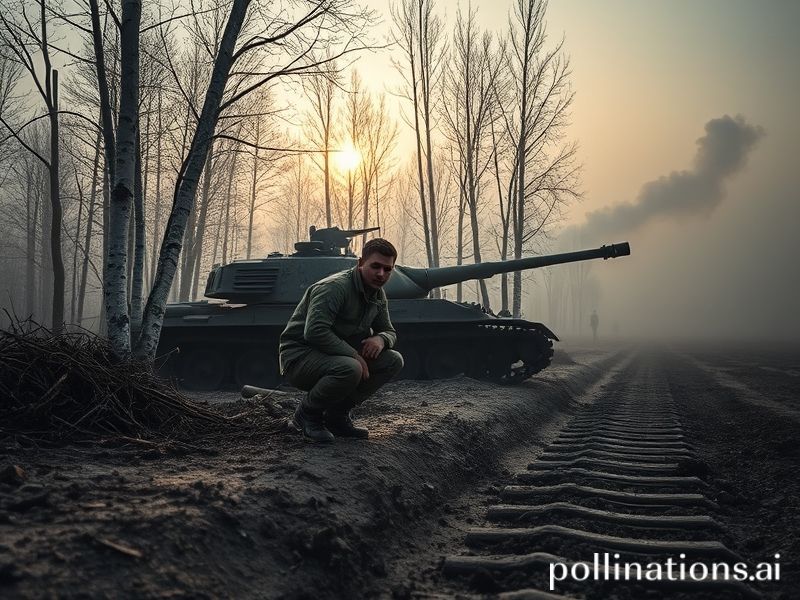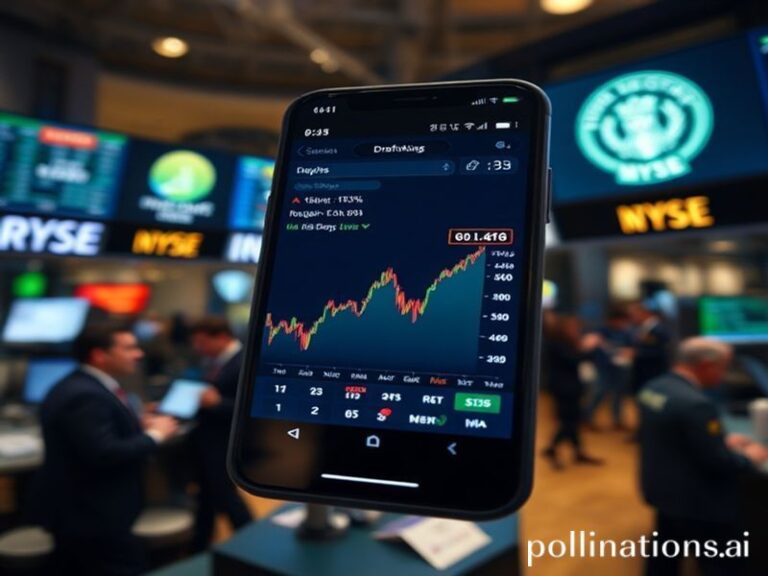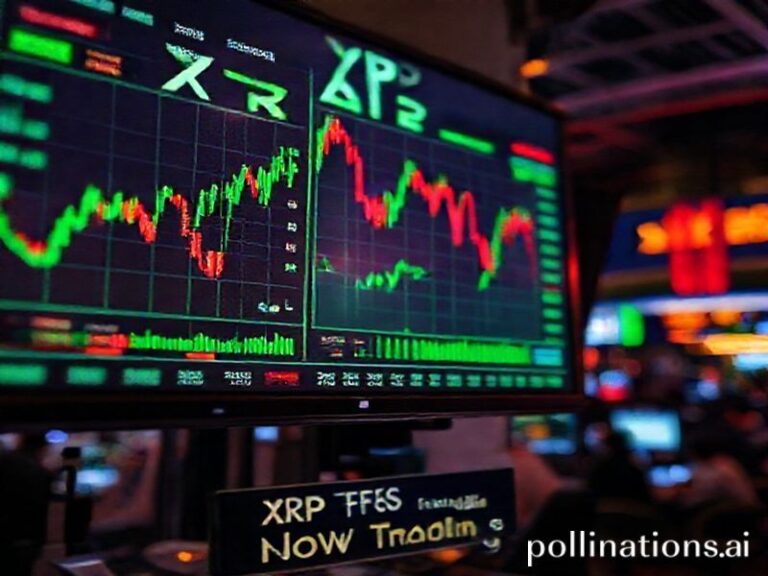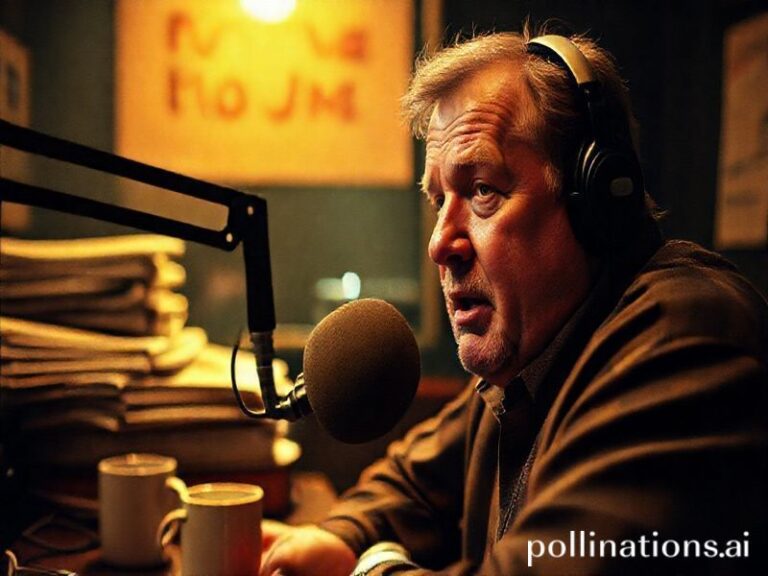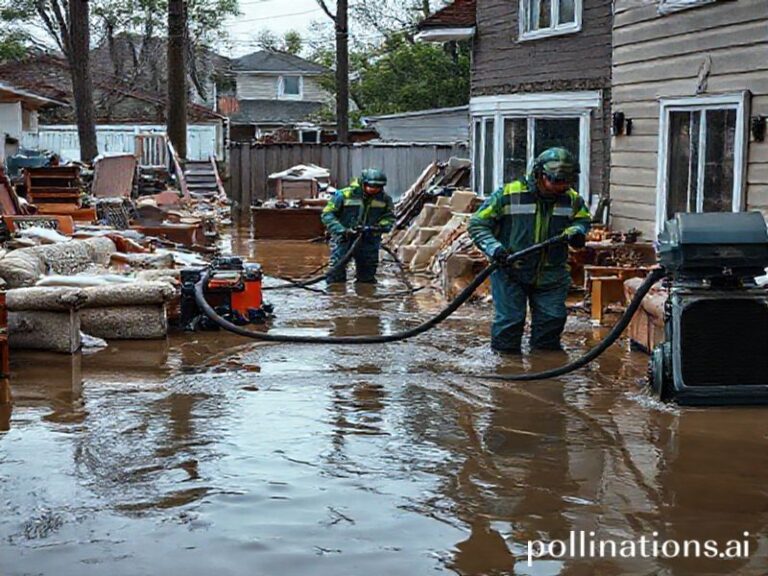Russia-Ukraine: The World’s Most Expensive Lava Lamp Keeps Bubbling
The Global Sigh That Is Russia-Ukraine: A Spectator Sport for the Rest of Us
By Our Correspondent Who’s Running Low on Both Coffee and Hope
KYIV, MOSCOW, AND EVERYWHERE ELSE—Somewhere between the Baltic Sea and the Black Sea, two nations have been locked in a pas de deux of artillery and acronyms for so long that the rest of planet Earth has quietly upgraded the conflict to premium background noise. What began in February 2022 as a shock-and-awe invasion—“three days to Kyiv,” the Kremlin promised, apparently confusing modern warfare with a Ryanair weekend trip—has now calcified into the world’s most expensive geopolitical lava lamp: hypnotic, slow-moving, and impossible to switch off without unplugging the entire living-room.
From the glass towers of New York fund managers to the tin-roofed cafés of Nairobi, the war has become a grim Rorschach test. Europeans see energy bills that look like phone numbers. Americans see a prime-time morality play with surprisingly high production values. Africans see wheat prices doing the tango while Sudan, politely, wonders if anyone remembers it exists. The Chinese, ever practical, watch the livestream, take notes on drone tactics, and quietly calculate how many semiconductors they can swap for discounted Siberian crude.
Diplomatically, the conflict has turned the United Nations into a giant group chat where everyone is typing but nobody hits “send.” The Security Council meets, scowls, issues statements so watered-down they could hydrate a cactus, then adjourns for canapés. Meanwhile, a cottage industry of think-tankers has arisen, churning out color-coded maps and acronyms faster than Moscow can burn through convicts—sorry, “volunteers.” If PowerPoint slides were munitions, the war would have ended in March.
Economically, the affair has been a master class in weaponized interdependence. Europe discovered that cozying up to Russian gas was like adopting a pet bear: warm, fuzzy, and capable of eating your economy in one fiscal quarter. The ensuing scramble for LNG turned the North Sea into a floating parking lot of tankers so large they have their own postcodes. Across the Atlantic, Uncle Sam morphed into the world’s most garrulous arms dealer, shipping HIMARS like Amazon Prime deliveries. The bill, of course, is itemized under “democracy surcharge.”
Further south, the Global South—an optimistic label for countries still waiting for globalization to deliver the appetizer—watches wheat, sunflower oil, and fertilizer prices yo-yo with the elegance of a drunk seagull. Egypt’s bakers, Nigeria’s farmers, and Indonesia’s tofu makers now hedge their livelihoods against a battlefield 3,000 kilometers away, proving once again that supply chains are just karmic debt with GPS.
And then there is technology, the war’s most photogenic child. Starlink satellites twinkle overhead like Silicon Valley’s unsolicited Christmas lights, while Iranian drones meet their Russian cousins in a dysfunctional family reunion above Ukrainian power grids. On Telegram, the conflict has spawned a parallel stock exchange of battlefield videos—likes, shares, and the occasional war-crime subpoena—where the only thing moving faster than a GMLRS rocket is a TikTok trend.
What does it all mean? Nothing so tidy as victory or defeat. Instead, we are treated to the spectacle of modern war as a subscription service: pay monthly, receive fresh horrors, cancel anytime (terms and conditions apply, see Crimea for details). The longer the fighting drags on, the more it becomes a mirror for the watching world. NATO learns how fast it can rearm without admitting it’s rearming. China learns how much chaos it can export without leaving fingerprints. The rest of us learn that livestreamed carnage pairs remarkably well with doom-scrolling insomnia.
If history remembers this war, it will be as the moment when the international system officially transitioned from “rules-based order” to “terms-and-conditions-may-change order.” Meanwhile, the bombs fall, the diplomats stall, and somewhere a barista in Warsaw adjusts the price of a croissant for the fourth time this year, muttering curses in three languages.
And still, the lava lamp bubbles on, casting shadows that look, depending on your vantage point, like courage, folly, or the silhouette of a world too tired to look away.

